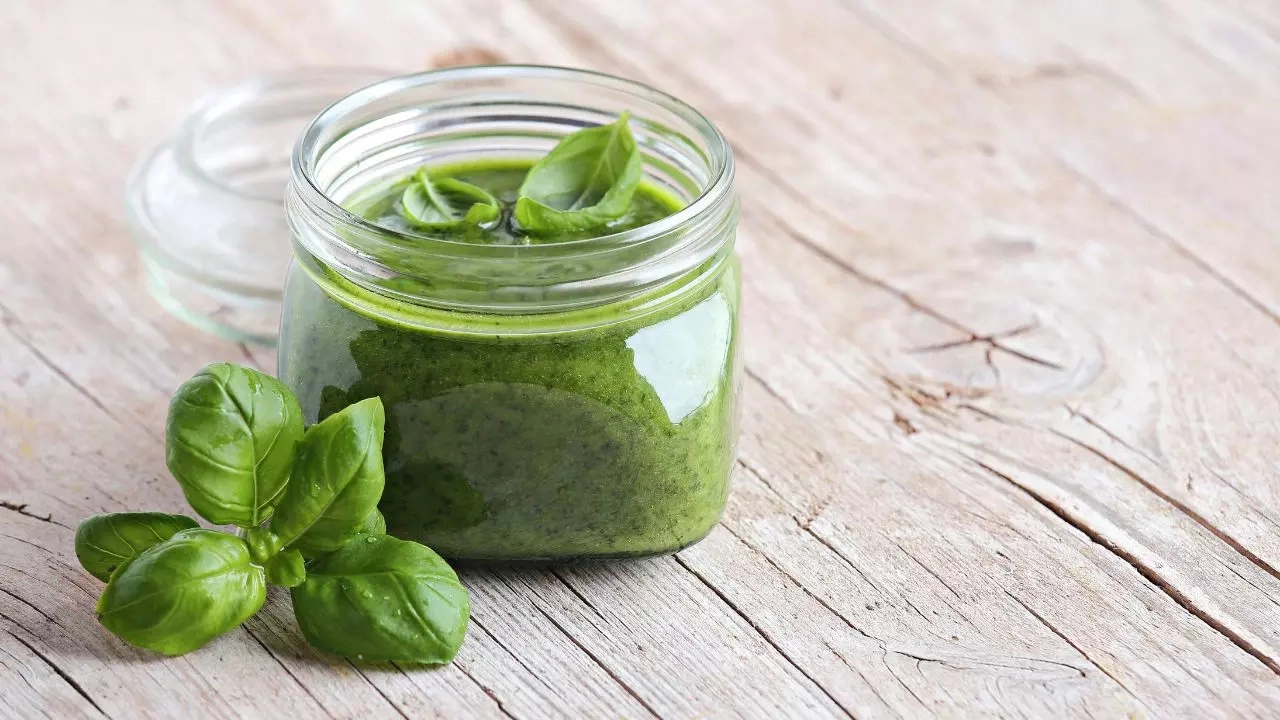Debosmita Ghosh • 17 Sep 2024
Five Hospitalized In France For Botulism After Consuming Pesto; Here’s What You Should Know About The Condition

Five Hospitalized In France For Botulism After Consuming Pesto
Five people have been hospitalised for suspected botulism after eating pesto in France. The patients have been receiving emergency medical care. Authorities say that in the Indre-et-Loire department in west-central France, a locally made brand of wild garlic sauce may have been contaminated with a dangerous toxin that can attack the nerves, according to a report in BBC.
The farm ministry said, “Considering the incubation time (from a few hours to a few days) and the serious nature of the disease, people who have consumed these products are called to be very vigilant and to consult a doctor in case of symptoms.”
The French government issued an immediate recall of the product and has sent samples to a lab for analysis, said the BBC report. Authorities were trying to locate some 600 containers with the same “O P’tits Oignons” sauce before they are eaten, say officials.
The five patients are on respirators but conscious. Cases like this are rare but potentially fatal, and can happen if homemade foods have been improperly preserved.
What is Botulism?
Botulism is a rare but serious condition that is caused by toxins that tend to affect the body’s nerves. The condition can be life-threatening and it is caused by a bacteria called Clostridium botulinum that produces the toxin. The three types of botulism are; foodborne botulism, wound botulism and infant botulism.
Mayo Clinic says that foodborne botulism happens when the harmful bacteria thrive and make the toxin in environments with little oxygen, such as in home-canned food. On the other hand, wound botulism happens when these bacteria get into a cut and cause a dangerous infection that makes the toxin. Lastly, in infant botulism, the spores of C. botulinum bacteria grow in a baby’s intestinal tract. It usually happens in babies between the ages of 2 months and 8 months. All forms of botulism can be fatal and are considered medical emergencies.
Botulism Symptoms
Here, take a look at some of the common symptoms of foodborne botulism, infant botulism and wound botulism.
Foodborne botulism
- Trouble swallowing or speaking
- Dry mouth
- Facial weakness on both sides of the face
- Blurred or double vision
- Drooping eyelids
- Trouble breathing
- Nausea, vomiting and stomach cramps
- Paralysis.
Wound botulism
- Trouble swallowing or speaking
- Facial weakness on both sides of the face
- Blurred or double vision
- Drooping eyelids
- Trouble breathing
- Paralysis
- The area around the wound may not always appear swollen and show a change of color.
Infant botulism
- Constipation, which is often the first symptom
- Floppy movements due to muscle weakness and trouble controlling the head
- Weak cry
- Irritability
- Drooling
- Drooping eyelids
- Tiredness
- Trouble sucking or feeding
- Paralysis.
Botulism Complications
Experts say that since the condition affects muscle control throughout your body, botulinum toxin can cause many complications. The most immediate danger is that you won't be able to breathe. Being unable to breathe is a common cause of death in botulism. Other complications are:
- Difficulty speaking
- Trouble swallowing
- Long-lasting weakness
- Shortness of breath.
Get Latest News Live on Times Now along with Breaking News and Top Headlines from Health and around the world.